The recently concluded 11th Heidelberg Laureate Forum in Heidelberg, Germany, brought together some of the brightest minds in mathematics and computer science for an intense, interdisciplinary exchange among scientists from across the globe. Over a week, the conference hosted 200 selected young researchers from universities worldwide, providing an unparalleled opportunity to engage with scientific pioneers and explore the future of these critical fields.
This year, eight Nigerians were among those chosen to attend, representing a wide range of universities. These scholars included Sunday Adeola Ajagbe (University of Zululand), Racheal Shade Akinbo (Federal University of Technology, Akure), Kazeem Olalekan Aremu (Usmanu Danfodiyo University, Sokoto), Peace Busola Falola (University of Ibadan), Aminat Olawunmi Ige (Lagos State University), Christianah Titilope Oyewale (Mohammed VI Polytechnic University), Lois Chinwendu Okereke (University of Texas at Austin), and Olumuyiwa James Peter (University of Medical Sciences, Ondo State).
At the forum, participants engaged in strategic meetings, workshops, and training sessions tailored to foster collaboration and promote digital transformation. Sessions were aimed at equipping young researchers with critical skills and fostering meaningful exchanges in both mathematics and computer science.
Speaking at the event, Dr. Jens Brandenburg, Secretary of the German Federal Ministry of Education and Research, highlighted the transformative potential of mathematics and computer science.
He described mathematics as the “most powerful tool at humankind’s disposal,” and emphasiSed that advances in artificial intelligence (AI) rely heavily on these fields. “The biggest challenges we face today can only be overcome using the power of mathematics,” Brandenburg stated, adding that computer science’s ability to analyze vast data sets swiftly is invaluable for making scientific breakthroughs.
Brandenburg also reaffirmed his ministry’s commitment to supporting knowledge-oriented research, which he believes is key to progress. He announced an upcoming funding period focused on harnessing mathematics to address societal challenges, such as healthcare, digitalization, and energy transitions.
Rafael Lang, Chairperson of the Heidelberg Laureate Forum Foundation and Co-President of the Klaus Tschira Stiftung, commended the assembled laureates for their groundbreaking contributions to society. He expressed hope that the event would serve as a springboard for future discoveries by encouraging creative collaboration among young scientists and laureates alike.
Dr. Hans J. Ryder, Deputy Minister of the Baden-Württemberg Ministry of Science, Research, and Arts, also shared his admiration for mathematics, calling it the “universal language” and an essential foundation for modern knowledge. Ryder noted that, in a digitalized world, mathematics is more essential than ever, especially in the advancement of AI.
The Heidelberg Laureate Forum (HLF) is an annual networking conference that facilitates collaboration between young researchers and celebrated laureates in mathematics and computer science. Participants have the rare opportunity to interact with recipients of esteemed awards such as the Abel Prize, ACM A.M. Turing Award, ACM Prize in Computing, Fields Medal, IMU Abacus Medal, and Nevanlinna Prize.
Through events like the HLF, organizers hope to inspire the next generation of scientists to tackle some of society’s most complex challenges, advancing the fields of mathematics and computer science for the benefit of all.



